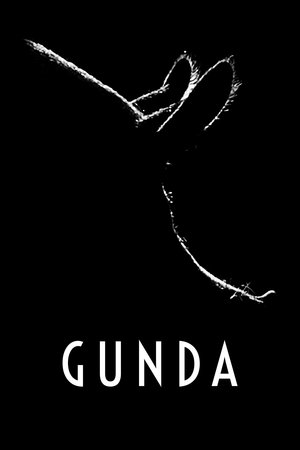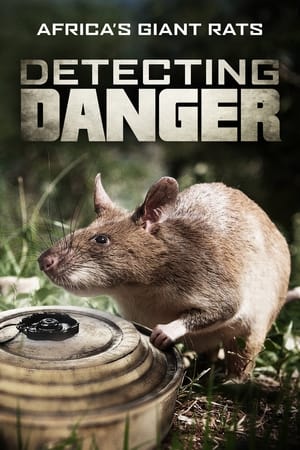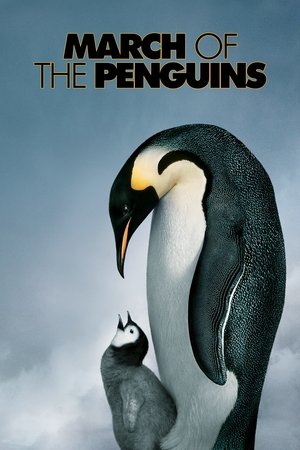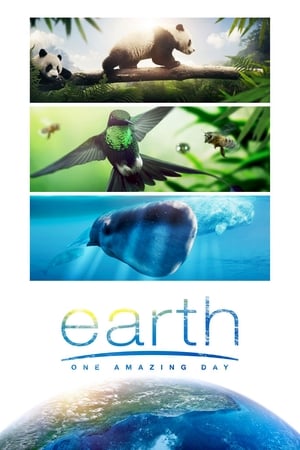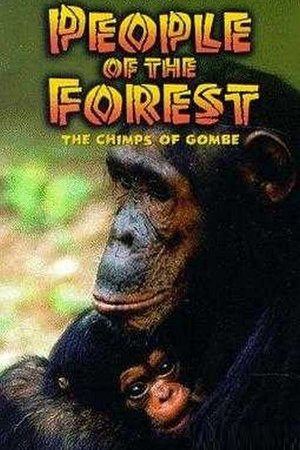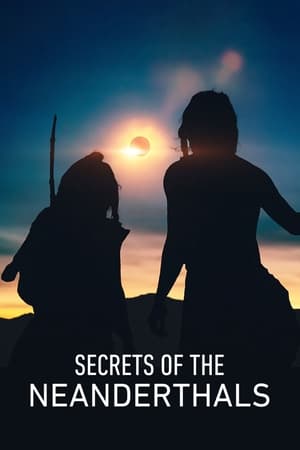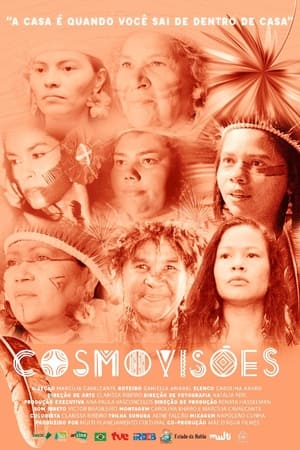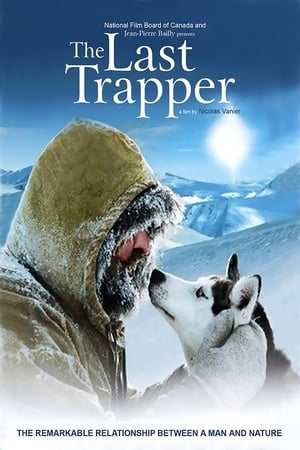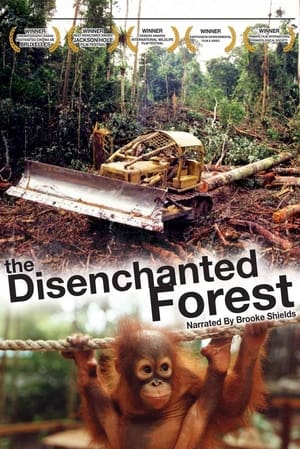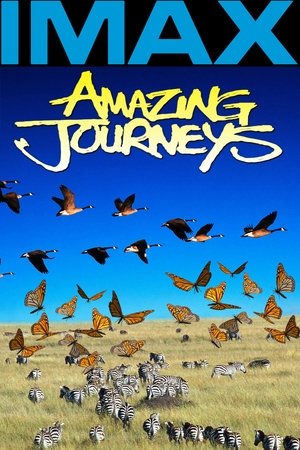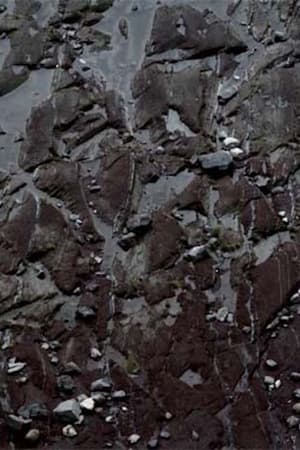Overview
Say Goodbye is a 1971 American documentary film about the relationship between humans and nature, directed by David H. Vowell. The film depicts the plight of various animal species at the hands of man and his influence. Some segments include the clubbing of seals on the Pribilof Islands, the effect of DDT on brown pelican populations in Texas, and the plight of severely endangered animals. It was nominated for the Academy Award for Best Documentary Feature.
Reviews
If you are looking for an impartial environmental documentary here, then you will be disappointed. It is an unashamed conviction of man’s relationship with the animal kingdom, and it definitely doesn’t shy away from showing us the extent of that brutality. There is also a certain zealousness from Rod McKuen’s commentary as we are repeatedly informed that it is all too late. The damage being done cannot be argued with as the photography speaks for itself. The oft cited scene of the polar bear gunned down on the now blood-soaked ice whilst its cubs looked on. Even if they did survive the gunfire, starvation was all that awaited them now in the wild. This is a bloody film from start to finish and it’s effective message shows just how effortlessly human beings take lives, thwart births, alter terrains and most of those interferences come from the comfort and safety of a boat, or a plane, or a car - and we never have to use our claws or our teeth or our own brute strength. There is also quite a bit of slo-motion used here just to amplify the cruel treatment of the seals or the prairie dog cubs. Some of these “hunts” resulted in instantaneous death for the victims, some were left wounded and to die slowly and painfully, or to survive wounded and precariously exposed to other predators against whom they now had little chance. Now the narrative does over-egg things, and that exuberance coupled with some all too frequent hyperbole does undermine the potency of the writing, but there can be no denying the power of the imagery here and it must have been seriously impactful for anyone watching in 1971 who was hitherto just used to the Disneyfication of the animal kingdom - wherever it was in the world.

 52 min
52 min
 5.8
5.8
 1971
1971
 USA
USA
 CinemaSerf wrote:
CinemaSerf wrote:
